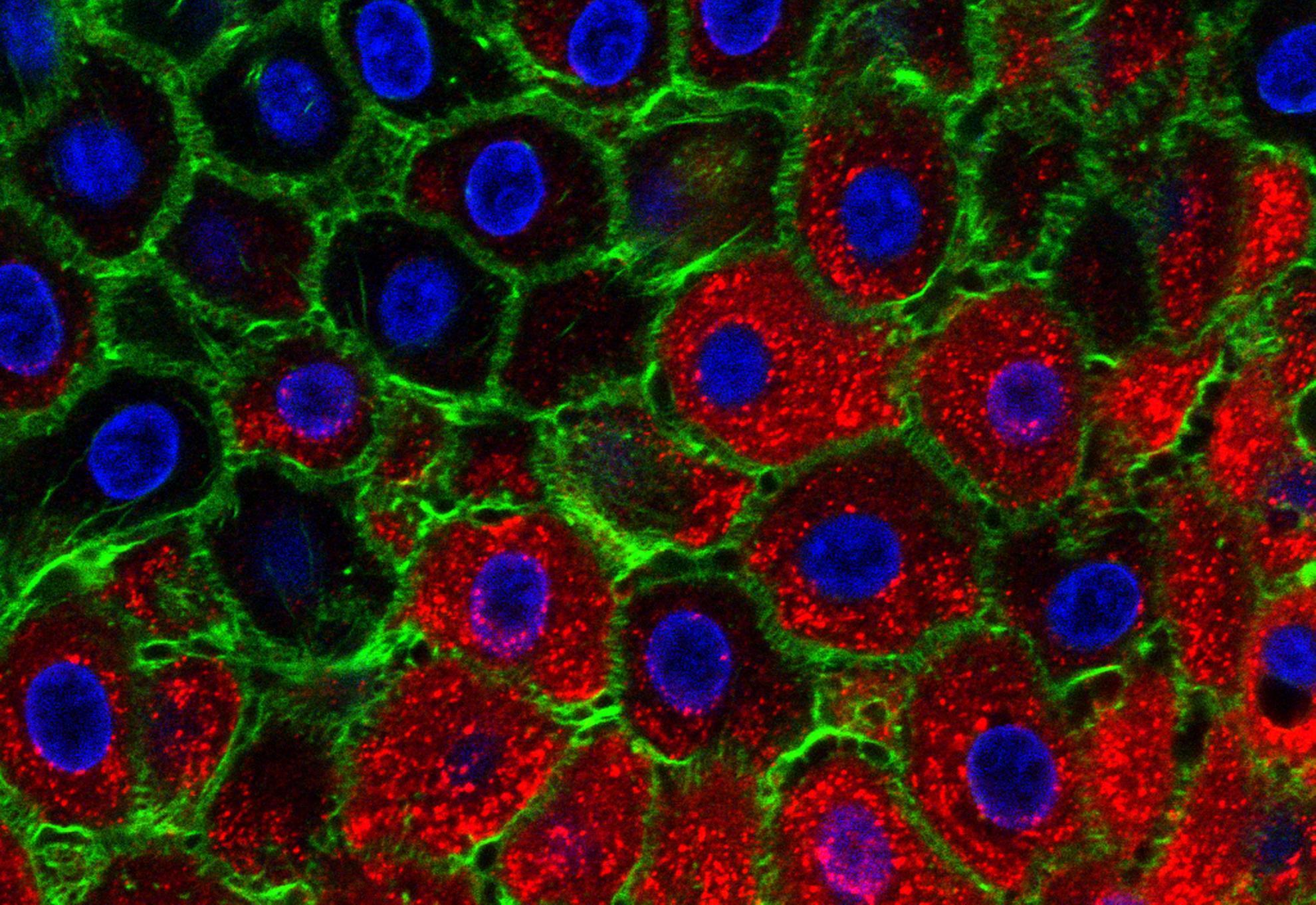Retrospective evaluation of foot-and-mouth disease vaccine effectiveness in Turkey
Foot-and-mouth disease (FMD) is present in much of Turkey and its control is largely based on vaccination. The arrival of the FMD Asia-1 serotype in Turkey in 2011 caused particular concern, spreading rapidly westwards across the country towards the FMD free European Union. With no prior natural immunity, control of spread would rely heavily on vaccination. Unlike human vaccines, field protection is rarely evaluated directly for FMD vaccines. Between September 2011 and July 2012 we performed four retrospective outbreak investigations to assess the vaccine effectiveness (VE) of FMD Asia-1 vaccines in Turkey. Vaccine effectiveness is defined as the reduction in risk in vaccinated compared to unvaccinated individuals with similar virus exposure in the field. The four investigations included 12 villages and 1230 cattle >4 months of age. One investigation assessed the FMD Asia-1 Shamir vaccine, the other three evaluated the recently introduced FMD Asia-1TUR 11 vaccine made using a field isolate of the FMD Asia-1 Sindh-08 lineage that had recently entered Turkey. After adjustment for confounding, the TUR 11 vaccine provided moderate protection against both clinical disease VE = 69% [95% CI: 50%81%] and infection VE = 63% [95% CI: 29%81%]. However, protection was variable with some herds with high vaccine coverage still experiencing high disease incidence. Some of this variability will be the result of the variation in virus challenge and immunity that occurs under field conditions. In the outbreak investigated there was no evidence that the Asia-1 Shamir vaccine provided adequate protection against clinical FMD with an incidence of 89% in single vaccinated cattle and 69% in those vaccinated two to five times. Based on these effectiveness estimates, vaccination alone is unlikely to produce the high levels of herd immunity needed to control FMD without additional control measures.
Back to publications
